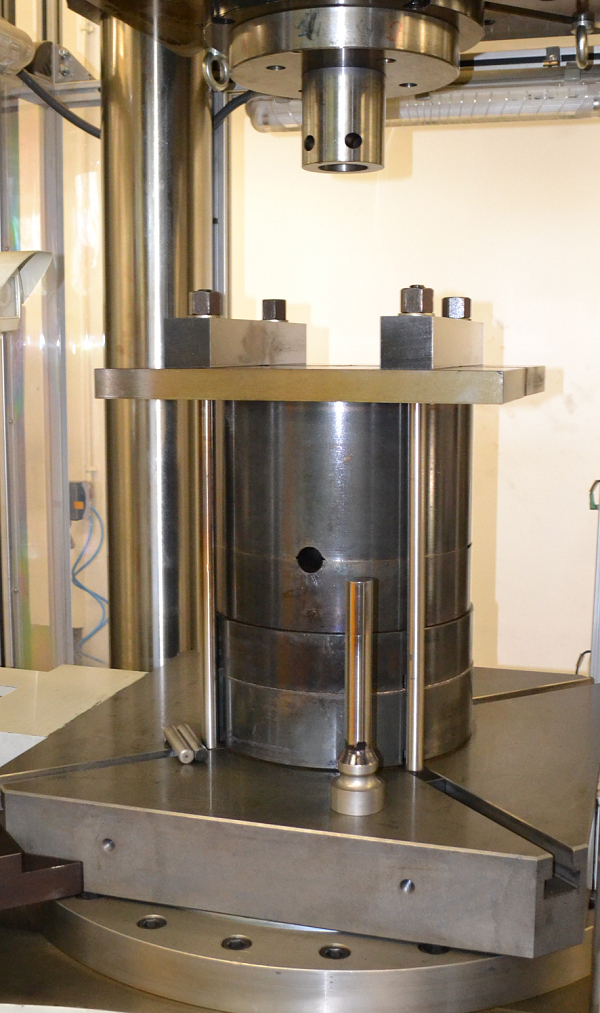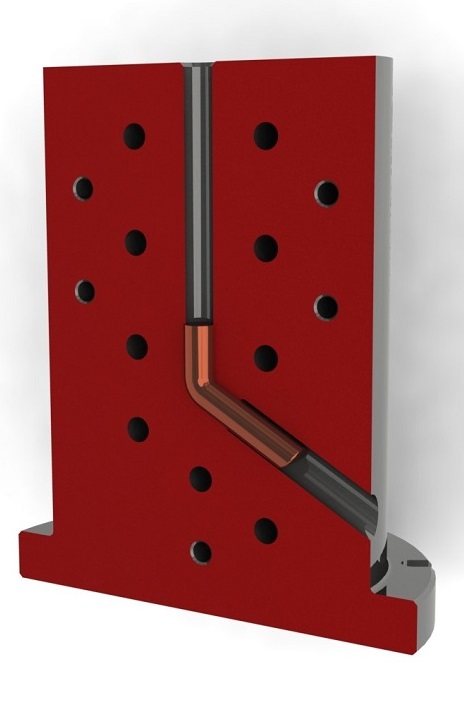Severe plastic deformation
HE: Hydrostatic extrusion
The laboratory has a unique apparatus for severe plastic deformation by hydrostatic extrusion. Presses for HE process enable plastic deformation of wide range of metallic materials in cold or increased temperatures up to 1000 ˚C in pressure range up to 2500 MPa. All HE stations are equipped with data recording and archiving systems, including characteristics of the extrusion pressure versus time, the temperature of the products obtained and the linear speed of extrusion.
Vertical and horizontal presses:
CP 20
Maximum charge size: Ø16 x 350 mm
Maximum working pressure : 2500 MPa
CP 22
Maximum charge size: Ø18 x 350 mm
Maximum working pressure: 2000 MPa
CP 31
Maximum charge size: Ø27 x 270 mm
Maximum working pressure: 1800 MPa
CP 40
Maximum charge size: Ø 36 x 270 mm
Maximum working pressure: 1400 MPa
Presses working in horizontal arrangement: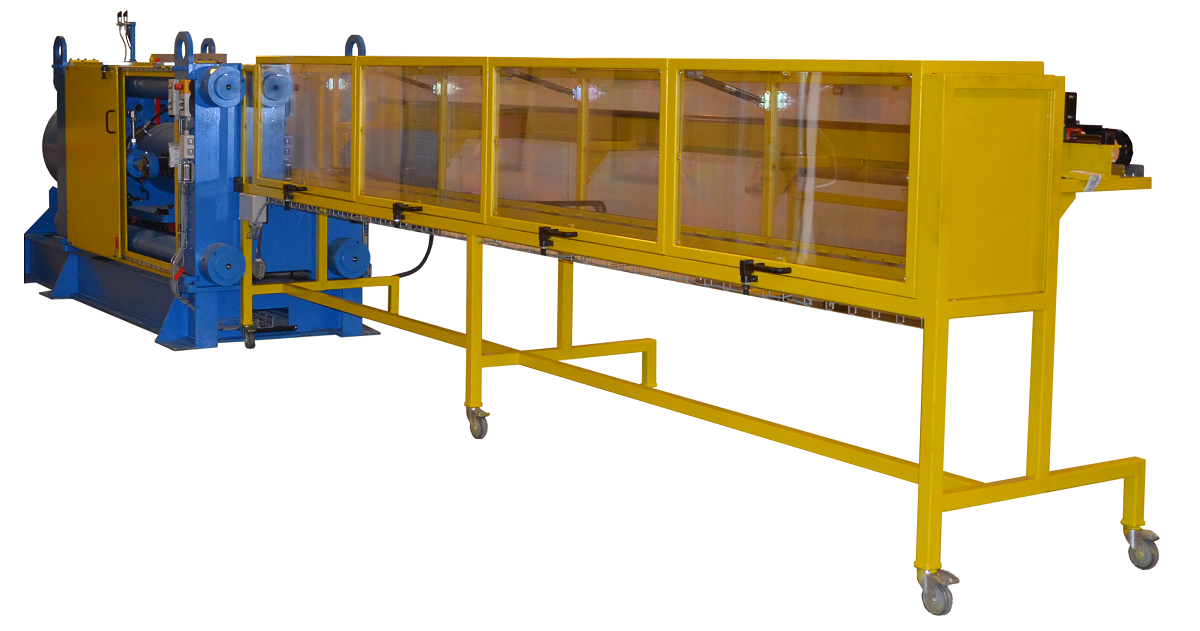
DP 60
Maximum charge size: Ø54 x 350 mm
Maximum working pressure: 1200 MPa
DP 65
Maximum charge size: Ø60 x 350 mm
Maximum working pressure: 1100 MPa
DP 80
Maximum charge size: Ø70 x 500 mm
Maximum working pressure: 1500 MPa
ECAP - Punching through an axial angle channel
ECAP: Available stations for the ECAP process
ECAP 90˚ – 10 x 10:
Maximum load size: 10 x 10 x 80 mm
ECAP 90˚ – 30 x 30:
Maximum load size: 30 x 30 x 80 mm
ECAP 90˚ – Ø30:
Maximum load size: Ø30 x 80 mm
ECAP 120˚ – Ø15:
Maximum load size: Ø15 x 100 mm
Rotary swaging - RS
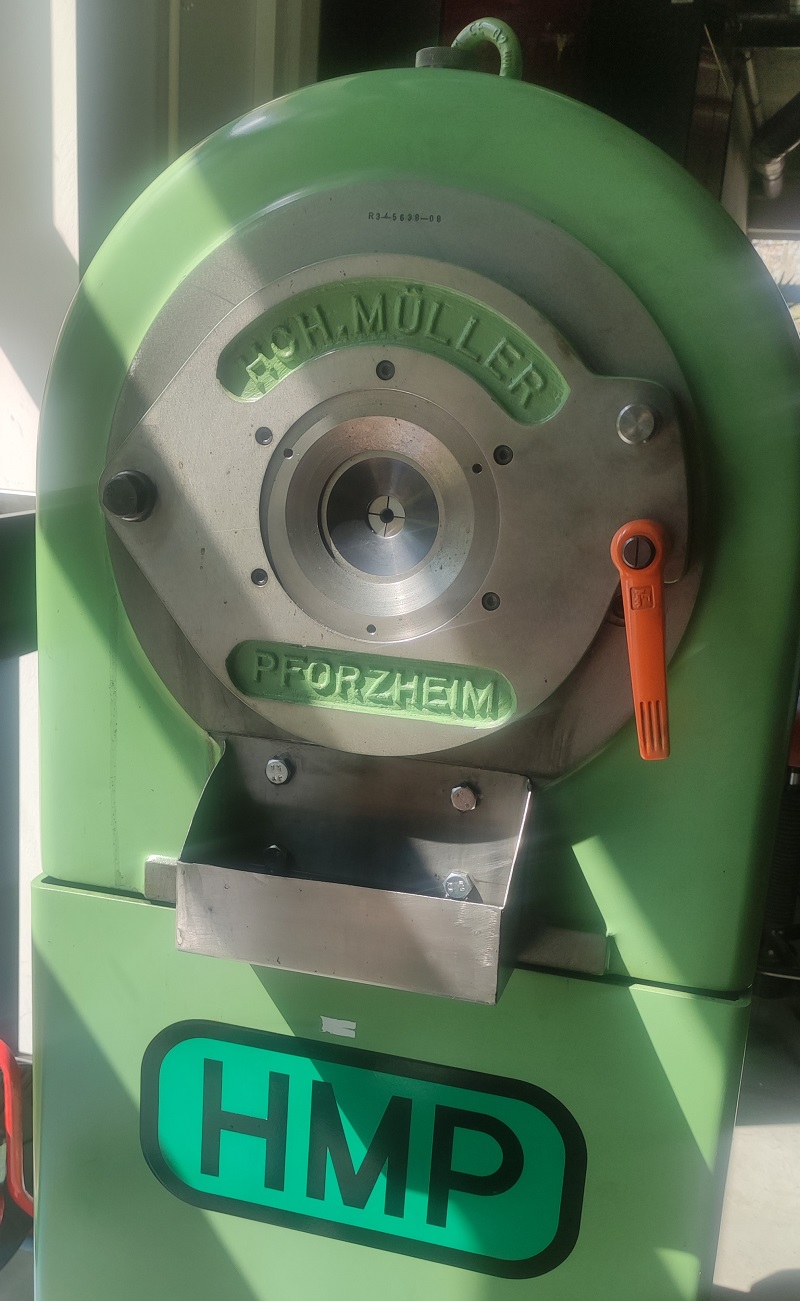
The rotary swaging process enables plastic deformation with small unit plastic deformations enabling an increase in total plastic deformation. The four-headed forging machine from HMP Heinrich Muller enables the rotational swaging of bars and wires with diameters ranging from 20 mm to 2 mm.
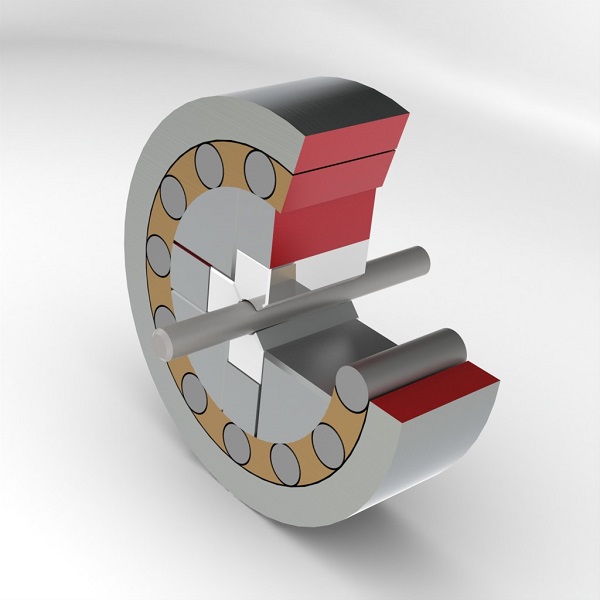
Die forging
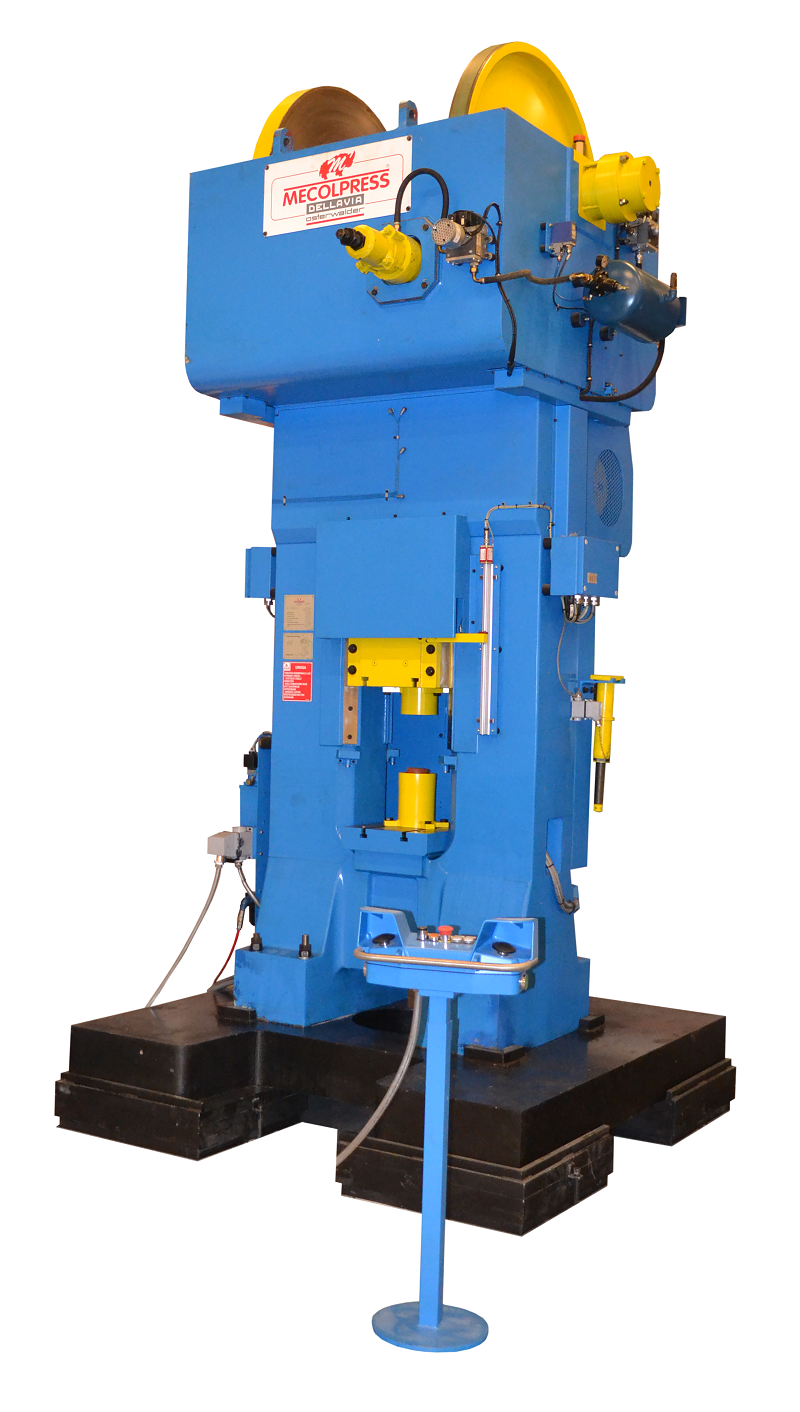
The laboratory is equipped with a stand for the die forging process using a Mecolpress friction-screw press.
Parameters of the Mecolpress Cles friction-screw press:
Nominal pressure: 2500 kN
Maximum admissible pressure: 4000 kN
Energy: 12 kJ
Distance between columns: 400 mm
Minimum slide-table distance: 300 mm
Stroke: 320 mm
Speed: 44/56/min

